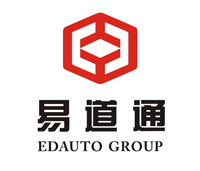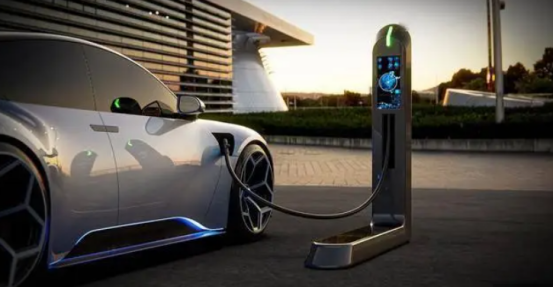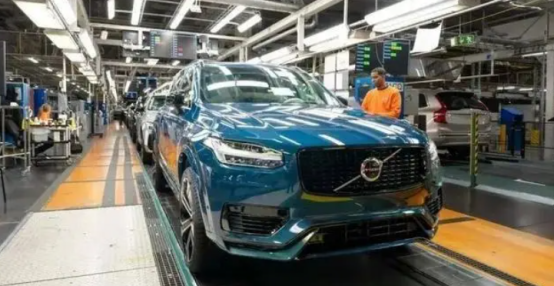1. European and American automakers’ electric brakes: strategic adjustments under real-world pressure
In recent years, the global automotive market has experienced significant fluctuations in its electrification efforts. In particular, European and American auto giants like Mercedes-Benz and Ford have put the brakes on their electrification plans and adjusted their existing comprehensive electrification plans. This phenomenon has attracted widespread attention and is generally seen as a strategic adjustment by traditional automakers facing real-world pressures.
In the United States, thousands of auto dealers signed a petition to Congress opposing the electric vehicle mandate, citing overstocked electric vehicle inventory, long sales cycles, and widespread consumer
concerns about charging difficulties. Data shows that the growth rate of electric vehicle sales in the United States has declined significantly, and market penetration is far below expectations. According to the latest statistics, electric vehicle sales in the United States fell by nearly 20% year-on-year in 2023, and market acceptance of electric vehicles still faces many challenges.
The situation in Europe is equally grim. The EU faces significant challenges in achieving its carbon emissions targets originally planned for 2025. Sales of pure electric vehicles have been declining, with the German market experiencing a sharp drop, leaving automakers facing the risk of substantial fines. Many traditional automakers are re-evaluating their electrification strategies, with some even opting to increase their investment in hybrid models to address market uncertainty.
This shift not only reflects the difficulties faced by European and American automakers in the electrification process, but also reveals their shortcomings in technological innovation and market adaptability. In stark contrast, China’s strong performance in the global new energy vehicle market demonstrates its leading position in the electrification wave.
2. The rise of China’s new energy vehicles: driven by both technological accumulation and policy support
The rapid rise of China’s new energy vehicle industry is the result of years of technological accumulation, sustained policy support, and comprehensive market cultivation. BYD’s new factory in Thailand has quickly become profitable, with export volumes reaching record highs, epitomizing the overseas expansion of China’s new energy industry. According to the latest data, by 2024, the number of new energy vehicles in China will reach 31.4 million, with market penetration further increasing to 45%.
China’s continuous innovation in battery technology and charging networks has continuously improved the overall performance of new energy vehicles. At the policy level, a stable support system has been established from the central to local levels. This includes not only reforms to new energy grid-connected electricity prices to stabilize electricity supply costs, but also the development of public charging stations and the encouragement of private charging stations in residential communities, alleviating consumers’ concerns about battery life. This triple support of “technological research and development + infrastructure + energy security” has enabled China’s new energy vehicle market to enter a virtuous cycle.
The forced forces of market competition have also accelerated technological progress in China’s new energy vehicles. Automakers like BYD have achieved significant reductions in fuel consumption through technological innovation, and these achievements have been widely adopted in mass-produced models. Chinese automakers are no longer relying on low prices, but are instead expanding their market share through technological premiums, demonstrating strong competitiveness in the European market.
3. Future Outlook: Diversified Technology Routes and the Prospect of Win-Win Cooperation
As European and American automakers pull back on electrification, the so-called “new energy trap” has become increasingly prevalent. However, this view ignores the fundamental laws of industrial development. China’s new energy vehicle advantage was forged through fair competition, with global consumers voting with their feet, choosing cost-effective products. The retreat of European and American automakers stems more from their own lack of competitiveness and the pain of transitioning from traditional industries.
In reality, the development of the global new energy industry is a technological race, not a zero-sum game. China has seized the opportunity of industrial transformation and secured market dominance through continuous innovation. European and American automakers are adjusting their strategies, with some increasing their investment in hybrid vehicles and others focusing on autonomous driving. The future global new energy market will feature a landscape of competition across diverse technological approaches.
In this wave of green transformation, win-win cooperation is the right path. The development of China’s new energy industry not only provides a high-quality option for the global low-carbon transition, but also promotes the popularization of related technologies and reduces their costs, contributing Chinese wisdom and solutions to the common challenges faced by all mankind.
As a primary source of Chinese auto products, we are committed to providing high-quality new energy vehicles to international customers. Through close partnerships with leading automakers like BYD, we are able to offer our customers a broad selection of products and superior after-sales service. Our goal is to attract more international consumers and promote the further development of Chinese auto brands in the global market.
The changing landscape of the global new energy vehicle market presents both challenges and opportunities. Leveraging technological innovation and policy support, China’s new energy vehicle industry is taking a leading position in the global market. Facing adjustments by European and American automakers, Chinese automakers should continue to leverage their strengths, promote technological advancement and market expansion, and provide better travel options for consumers around the world. We look forward to collaborating with more international partners to jointly promote the popularization and development of new energy vehicles.
Email:edautogroup@hotmail.com
Phone / WhatsApp:+8613299020000
Post time: Aug-27-2025




